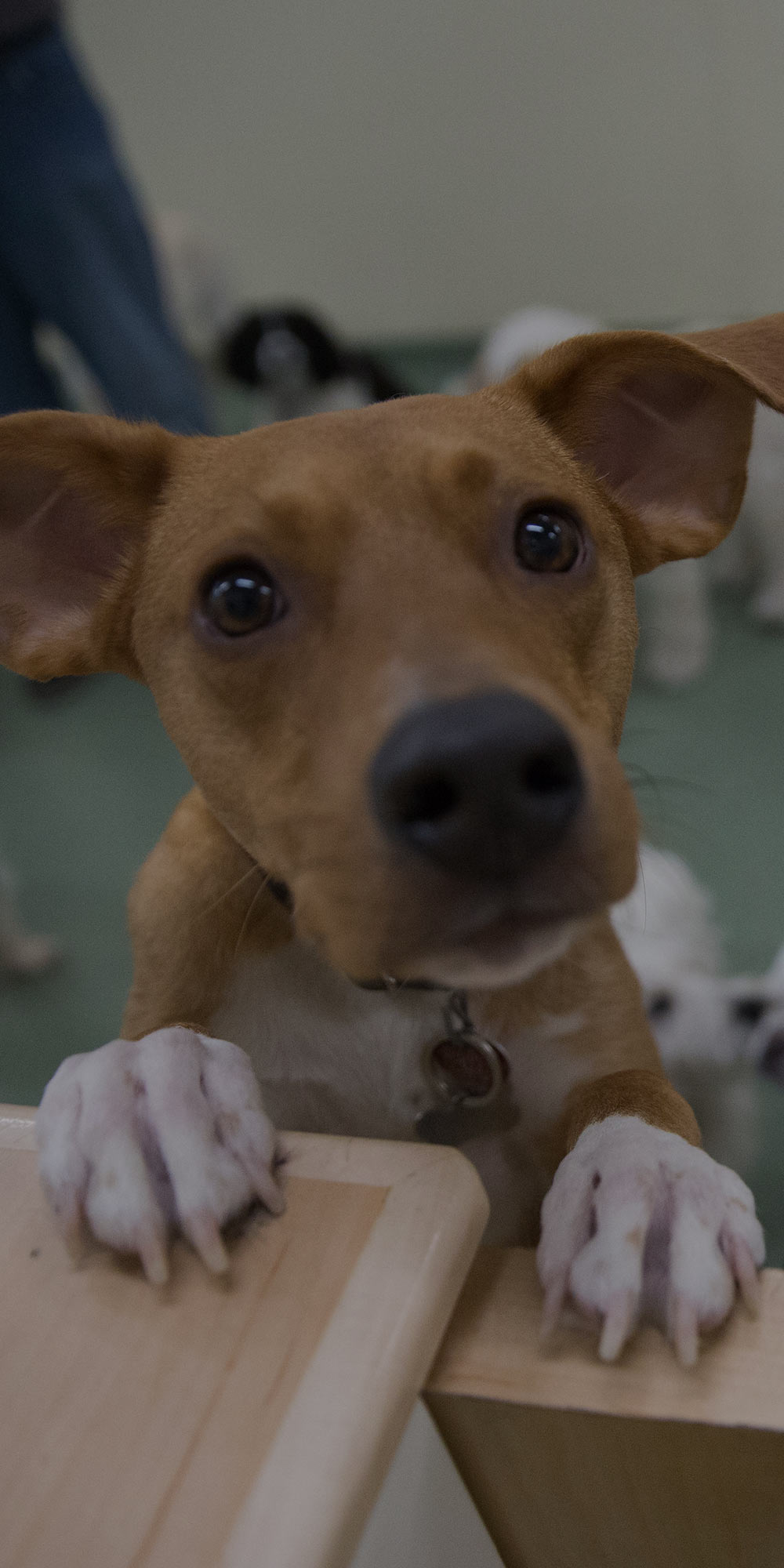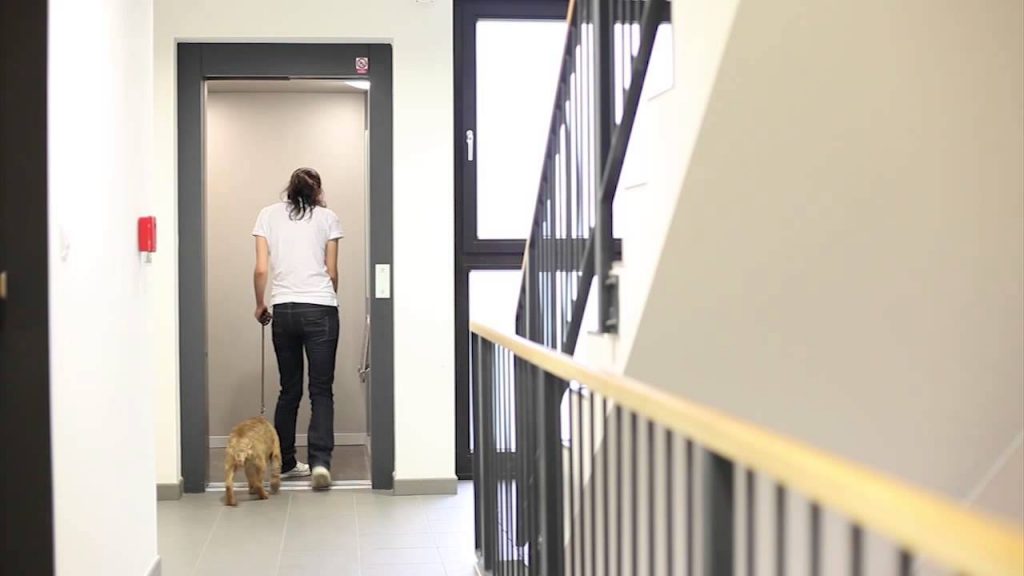Every Apartment Resident’s Nightmare: Chronic Barking!
Led by expert Dog Trainer, Liz Silberman, our trainers appreciate that furry family members don’t understand human terms like “polite,” or how to interact appropriately with other residents and visitors in residential communities and hi-rise settings.
More importantly, PUPS trainers know what to do about this disconnect between doggie residents and their human neighbors.
In this article, Liz addresses every apartment resident’s nightmare – Chronic barking – and provides a few tips on how to curb this troublesome behavior:
Hit “paws” on barking:
- Remove “triggers,” especially when you are out and your dog is alone.
- For instance, close the blinds. So, your dog can’t see or hear your neighbors.
- White noise or fans also help to block outside sounds.
- Keep your dog in an area of the apartment that acts as a buffer to outside noise; for example, a back bedroom.
- Recognize patterns, such as how your dog may bark more when the neighbors are on their balconies in the evening. Address these “triggers.” Plan distractions accordingly.
Master the “quiet” command:
- Identify a command word or phrase, such as “quiet.”
- Do not use “stop” or “no”.
- “Stop” or “No” can be confusing. Parents tend to say those words too often. “Stop jumping,” “No scratching,” “stop chewing” (and so on).
- “Quiet” means “stop barking” exclusively.
Demonstrate alternative behaviors:
- Teach your dog to associate “treat time” or “fun time” with your neighbors.
- When you hear or see your neighbors, give your dog a treat or engage in play.
- Reward with treats or play when your dog chooses to be quiet rather than bark. This reinforces them being quiet on their own and making good choices by themselves.
- Be consistent– barking is self-reinforcing (they get the desired result from barking), so be sure to catch and redirect every instance of barking.
- Eventually, your dog will associate the neighbors as triggers for something great rather than something to bark at.
Get your pup moving:
- Remember: A tired pup is a good pup.
- If your dog is “acting out” more than usual, he may simply be bored and/or restless.
- Assess his activity level. Expend that energy!
- With sufficient exercise, he’ll be less “wound up” at home.
Talk to your neighbors:
- Yes, it can be a difficult conversation. But it’s important to let nearby residents know that you’re working on the barking.
- Is your dog triggered by small children? Bothered by pats to the head? Tell them that!
- Introduce your dog to the neighbors.
- Reward your dog with treats or praise for good behavior.
- Redirect your pup when she barks; for instance, turn her around and lead away from the neighbors.
Last (but not least) what NOT to do when your dog barks:
- Argue with the neighbors about your dog.
- Refuse to empathize with their concerns.
- Fail to communicate what you’re doing about it.
- Decline to solicit suggestions from them.
- Yell at your pup when he barks; that’s confusing! Your dog assumes you are alarmed, too, and that there is good reason to bark away.
DO:
- Ask neighbors to be patient with you and your dog through the training process.
- Apologize to them.
- Understand that behavioral changes require time, patience and consistency.
- Know that some breeds (and individual dogs) are naturally more “train-able” than others.
- Recognize that the point listed above isn’t an excuse to give up. All dogs will “get there” eventually.





